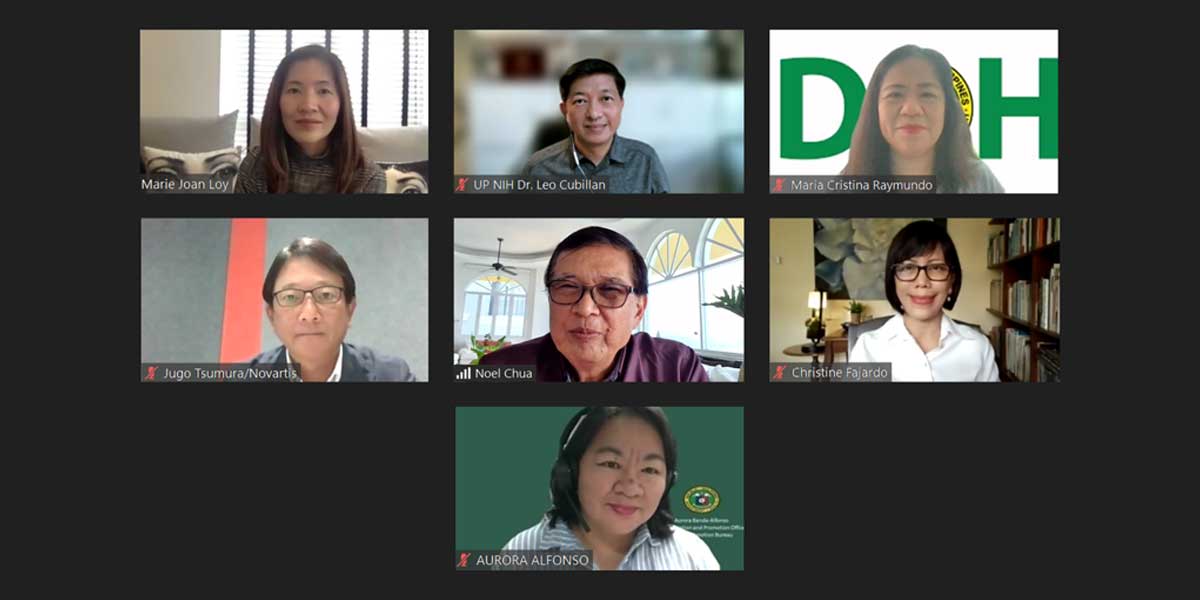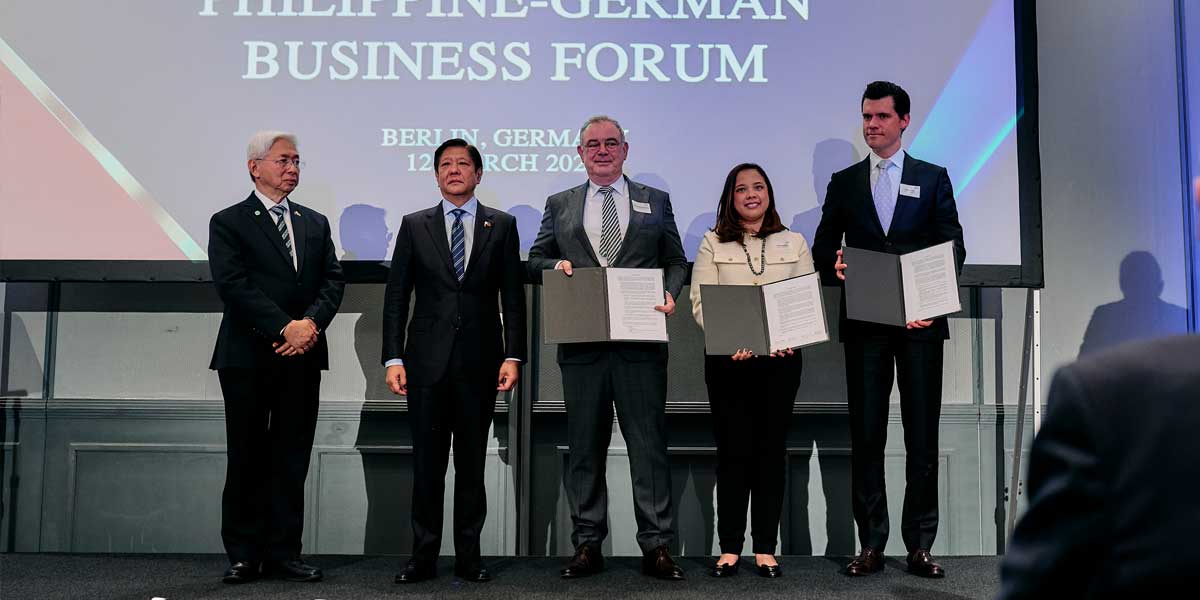
The National Committee for Sight Preservation (NCSP), and its eye health partners are closing Sight Saving Month and renewing their commitment to collectively reduce the rate of avoidable blindness.
Eye Health Situation in the Philippines
The 2018 Philippine Eye Disease Study showed that cataract remains the main cause of visual impairment in the Philippines accounting for around one million affected population with around three hundred thousand people requiring cataract surgery. When compared to the 2002 Philippine National Survey of Blindness, the prevalence has been reduced by 11%, which could be the result of the implementation of the blindness prevention and sight preservation programs of DOH and eye health partners.
Moreover, in a recent rapid assessment online survey deployed by the NCSP, which provides a cursory overview of the knowledge, attitudes, and practice of Filipinos on eye health and sight preservation, the respondents reported being generally unhappy with their eye health with sight deterioration and blurry vision cited as the common complaints.
According to NCSP Chairperson, Dr. Noel Chua, not a lot of people are aware that their eyes require active health management, just like any other part of the body. The eye health stakeholders are concerned that with the current pandemic, the eye health situation may have worsened the eye conditions of the population.
Moving forward to address eye health
The Department of Health leads the nationwide implementation of the Universal Health Care and National Blindness Prevention Program. DOH ensures that our government hospitals and health centers are equipped to manage and treat vision impairment while observing our health protocols.
“Patients are encouraged to avail themselves of eye health services in government health facilities. NCSP together with our partners are committed to intensifying eye screening, detecting vision abnormalities, and providing treatment,” said Dr. Chua.
In closing the Sight Saving Month, NCSP an umbrella organization of agencies involved in the prevention of blindness in the Philippines, a partner of the Department of Health (DOH) for almost 25 years in the implementation of the National Prevention of Blindness Program (PBP) commits to continue in supporting the PBP initiatives and align its interventions within the framework of the Universal Health Care and use the approach of the community eye health established.
After successfully launching NCSP’s social media page: “Maging MATAlino: Magpa-tsekap. Now Na.” last August 1, 2021, on Facebook, NCSP and its partners aimed to continue promoting good eye health habits and sight preservation practices among Filipinos by sharing how they can take care of their eyesight despite the restrictions brought about by the COVID-19 pandemic. This initiative was made possible with NCSP’s partnership with Novartis.
Novartis, a private-sector advocate of eye health, expressed their excitement to work with eye health partners such as the Fred Hollows Foundation (FHF), Vitreo Retina Society of the Philippines (VRSP), and the NCSP through the Collaboration to Preserve Sight.
“Novartis is privileged to partner with IAPB (International Agency for the Prevention of Blindness), FHF, VRSP, NCSP, and other local organizations in our shared goal of expanding equitable access to eye care in remote communities with the initiation of early detection through eye health screening programs,” said Mr. Jugo Tsumura, President and Managing Director, Novartis Healthcare Philippines, Inc.
For Sight Saving Month, the VRSP also implemented its own social media campaign focused on raising awareness and improving access to eye care services for retinal-related diseases through its Mulat Mata Diabetic Retinopathy Project and EYE CAN SEE Virtual Lay Forum for Senior Citizens.
Innovating Eye Care Assessments
NCSP hopes to convert traction of the Maging MATALino online campaign into public participation in the various eye screening programs to be done by its partners: Physicians for Peace in Rizal, Bicol, Cavite and Palawan, Philippine Society of Public Health for Occupational Optometry (PSPHOO) in Nueva Vizcaya, and EYE hEAR Foundation, Inc. Region 8.
In all areas, NCSP partners would be using the eye screening kit developed by PERI. To reduce the cases, Dr. Chua says that ‘’the journey to treatment has to be shortened.’’ Organizations working with NCSP created many workarounds to continue vision screening–like the use of mobile apps and home screening procedures–even with the temporary closure of screening due to community quarantine restrictions.’
The Online Remote Vision Screening Program, as the extension program of the National Vision Screening Program (NVSP), will bridge the NVSP during the community quarantine period when there are no in-person/face-to-face classes. An online screening by a PERI trained screener and Kindergarten teacher will be assisted by a parent/guardian can be conducted remotely at home using a mobile phone or a computer through the screen sharing function of online video-calling apps.
“By working closely with our partners, we will be able to effectively increase awareness and influence good practices to assess, treat and manage eye vision problems despite the limitations brought about by COVID-19. We continue to innovate and address challenges that come our way,” shared Dr. Leo Cubillan of the Philippine Eye Research Institute (PERI).
The path forward
In July 2021, the United Nations General Assembly passed a resolution to ‘’make eye health integral to the member countries’ commitment to achieving the Sustainable Development Goals.’’ It also called for a global plan for change that ensures full patient access to eye care services by 2030. The resolution calls for the inclusion of eye care into the work of the UN, particularly through UNICEF and UN Women.
“Developments in the international space mean a lot for a country like the Philippines, which has a heavy disease burden and an eye screening gap. As we culminate Sight Saving Month, we want to help Filipinos receive better eye health through a Bayanihan effort between doctors, funders, and other actors in the public health space led by the Department of Health. We want to let people know that these are free and accessible, despite the restrictions, they can still safely avail of better eye care services. But first and foremost, the patient also has to be willing and proactive in seeking appropriate medical care by being MATAlino’’ concludes Dr. Chua.





















